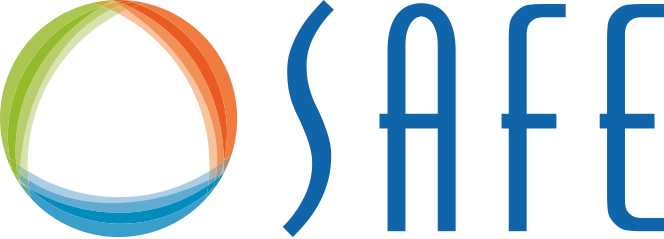Complete Care
Competence

First-class Certified Quality
SAFE® products are naturally suited for all kinds of animals and caging systems, providing a consistent high level of quality and security. Only certified raw materials from sustainable farming are sourced.
The production, following the GMP-guidelines, takes place in a completely closed process according to the strict criteria of the DIN EN ISO 9001, HACCP and FSSC 22000 standards.
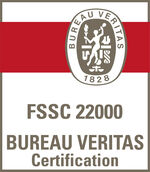
Plant France
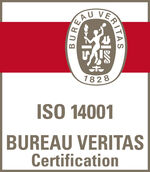
Plant France
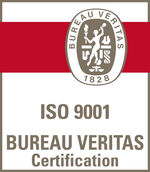
Plant Germany
Plant France
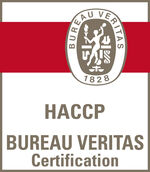
Plant Germany
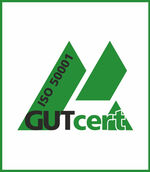
Plant Germany
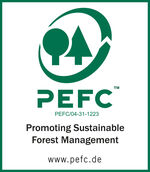
Plant Germany
DIETS, CUSTOM DIETS
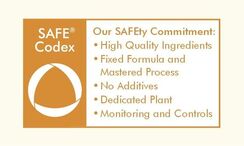
BEDDING, ENRICHMENT
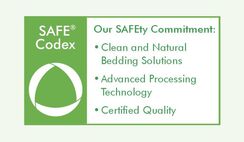
News: SAFE® Diets FSSC certified!
Renewed Quality Ambition and Commitment:
A new quality challenge to guarantee the sustainability of testing
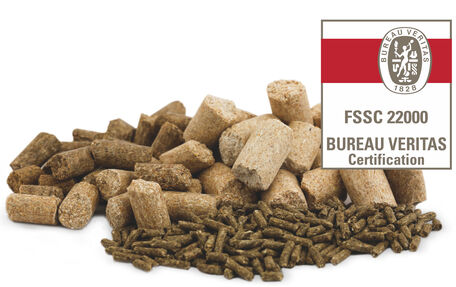
SAFE® has been developing a quality policy for several decades, applying it to products and to the management of its teams and infrastructures. This approach has resulted in concrete actions such as
- the selection of ingredients, in particular with the incorporation of baby food cereals
- the prohibition of the use of active substances such as flavours, colourings, anti-oxidants, etc.
- the construction of an industrial facility entirely dedicated to animal feed for scientific purposes
- an important analytical follow-up of the products with more than 35,000 criteria measured per year
The traditional ISO 9001 and SAFE® quality commitment certifications provide assurance that SAFE® teams comply with product specifications and manufacturing processes. These certifications validate the guarantee of the consistency of the quality of the products.
SAFE®, demanding for the control of the manufacturing, storage and irradiation processes, and the consistency of the diets, wished to have its desire to bring Sanitary Safety to the diets supplied recognised. After 12 months of action, SAFE® has validated this health safety approach based on the FSSC 22000 standard. This normative reference standard structures the Food Safety Culture (FSC) approach, this FSC policy brings better control to the international trade of diets, in particular ingredients from new players and/or new sources of supply. This FSSC 22000 standard also contributes to the protection of the population against food-related hazards. Although SAFE® does not change the origin of its ingredients, we wanted to undertake and apply this health safety analysis to make our processes more reliable.
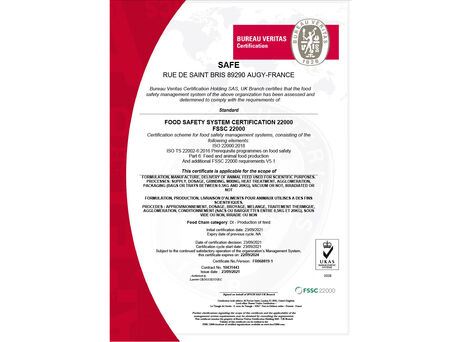
VERITAS validates SAFE®´s FSSC 22000 approach = a new step towards more quality
Over the decades, the term „quality“ and the quality approach have become overused and familiar concepts, without always making clear what they actually mean for the end user. In addition, these quality principles are associated with a wide variety of products and services, which makes it difficult to understand the differentiation they provide. Nevertheless, this general movement towards quality regularly contributes to the improvement of services and products, particularly in the field of foodstuffs.
Unlike ISO 9001, which focuses on service and product improvement actions regardless of quality, FSSC 22000 focuses on production conditions, providing an effective method for reducing hazards. It defines the systematic approach to identify and control chemical, physical and biological hazards. This standard requires the identification of potential hazards, the critical control points (CCPs) of its processes and the means to eliminate or mitigate them. With this new normative framework, SAFE® formalizes and structures the follow-up of the measures developed to reduce the identified risks. This risk analysis called HACCP becomes an obligation and a means to ensure the food safety of products. It is carried out at all stages of the product’s manufacture and processing: reception, manufacture, packaging, distribution and on all the inputs associated with the product: ingredients, production equipment materials, packaging. The FSSC 22000 standard is important because it is universally and globally recognized as a tool for defining and assessing this risk approach. Its main objective is to reduce the risk of accidental errors.
In order to achieve this, the risk analysis, which is regularly updated, contributes to an obligation of the following means:
- securing supplies based on standardized ISO norms and common to the various participants in the food chain
- an obligation to master good practices in the manufacturing processes in different areas such as maintenance, purchasing, use of fluids, sanitation plan, etc.
- regular training of employees in the food safety approach
- carrying out thorough and rigorous audits of the food safety level
It is important to note that the FSSC 22000 standard also assesses the risks of food fraud and food defense. The European alert network RASFF regularly identifies this type of incident on ingredients or diets. At the beginning of 2021, ethylene oxide, whose use in food is prohibited in Europe, was used to reduce the bacterial and fungal load of sesame seeds imported from Asia, or the use of the prohibited insecticide FIPRONIL in European livestock farms to combat mites in poultry. These two cases illustrate that risks of fraud and malice exist and that it is necessary to anticipate them with a systematic and regular evaluation. The FSCC 22000 standard provides a methodological approach for determining a food fraud plan. The risk of fraud essentially concerns inputs and therefore suppliers, and the analysis determines with the supplier the upstream risks of malice. This requirement refers to the analysis of hazards (and assessment of associated risks) linked to the supplier/raw material pairs practiced within the framework of the food safety management system. As with HACCP, a regular evaluation of suppliers with an assessment of the probability and severity associated with fraud upstream of the chain is carried out, whether or not this fraud has an impact on animals. This evaluation will result in the control measures to be deployed. The same action plan is developed for the risk of malicious intent.
SAFE® has successfully passed the FSSC 22000 certification. This new accreditation signals the commitment to move closer to human food requirements. This new certificate shows the willingness of the SAFE® team to satisfy the needs of its sponsors, but also to anticipate and analyse difficult and risky situations for product safety. The implementation of this standard provides you with a new guarantee of quality and quality assurance, but also SAFE® ability to adapt and anticipate. We are pleased to share the results of this new quality tool.


